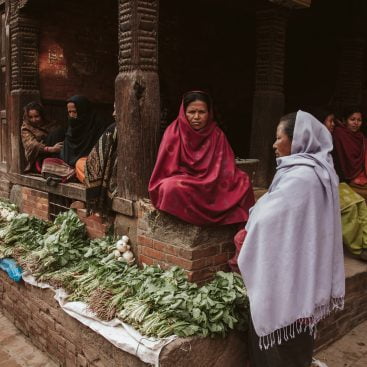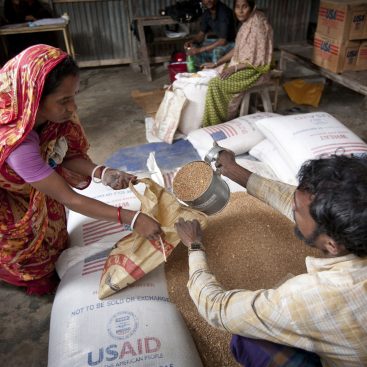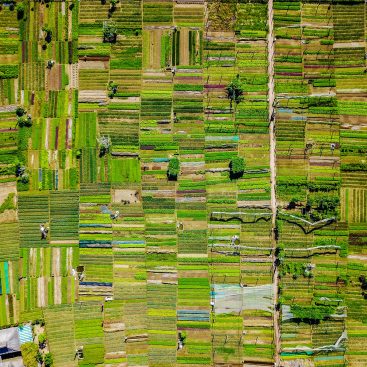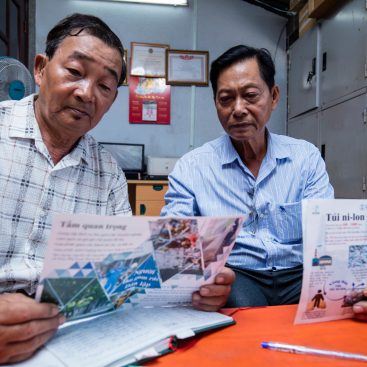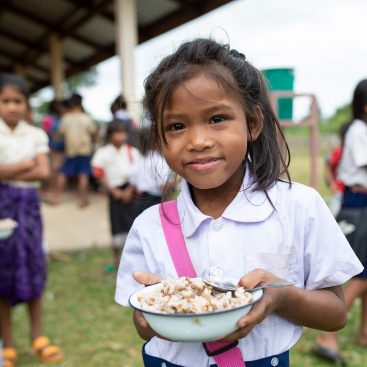Research Team
PI:
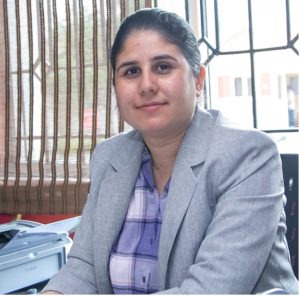
Dr. Smrittee Kala Panta
Associate Academic Director/Full Time Faculty
Little Angels’ College of Management (LACM)
Email: Smrittee.panta@la.edu.np
Co-Pi:

Tara Prasad Panthi
Program Manager
Heifer International Nepal
Email: tara.panthi@heifer.org
Co-Pi:

Dr. Binod Krishna Shrestha
Professor of Marketing
Kathmandu University School of Management
Email: binod@kusom.edu.np
Embedded Research Translation Lead:
Tara Prasad Panthi
Program Manager
Heifer International Nepal
Email: tara.panthi@heifer.org
Supporting Partner(s):
Dr. Ghana Shyam Gurung
Country Representative
WWF Nepal program
Project Information
Project/Activity Name: Use of Digital Technology as an Enabling Strategy for Empowering Women Micro entrepreneurs from Marginalized Communities in the Context of COVID-19 in Nepal
Geographic Location(s) (Country/Region): Nepal
Project Length: December 2021 – February 2023
Lead Institution: Little Angels’ College of Management
Co-PI Institutions: Heifer International Nepal, Kathmandu University
Translation Partner (s): WWF Nepal, Heifer International Nepal
Research Objective:
- To identify barriers and enablers to the adoption of digital technology among women micro-entrepreneurs of marginalized communities
- To identify and test enabling practices for the adoption of digital technology among women micro-entrepreneurs of marginalized communities
- To understand the relationship between the use of DT and empowerment of women micro-entrepreneurs of marginalized communities
Project Description:
The USAID-funded Hariyo Ban Program-II has been implemented in Nepal from 2016-2021. This five-year program has adopted a market-based livelihood as a theme integrated within biodiversity conservation and climate change adaptation. Over the past 4 years, various activities have been implemented to promote entrepreneurship among poor, women, marginalized, and vulnerable communities in TAL and CHAL areas of Nepal. The COVID-19 pandemic has created new challenges for the micro entrepreneurs who are recently connected to the market. Digital technologies (DT) have offered some opportunities to address the disruption in the supply and demand chain caused by the pandemic. Particularly, in this project DT will be GeoKrishi app (online agriculture and livestock data-driven platform) and e-chautri (community-based hubs that are equipped with internet facilities and interactive digital interface such as Smart TV or laptop) and are operated by trained agriculture and veterinary technicians). However, women are further marginalized in digital connectivity that could provide them information on improved agriculture practices, access to market, and access to financial services to expand their enterprise. A significant gap exists in understanding how the adoption of digital technologies can be promoted for empowering micro entrepreneurs from marginalized communities especially women engaged in agriculture and green enterprises.
This project aims to explore the barriers and enablers to the adoption of digital technology by the women entrepreneurs/farmers in Hariyo Ban program-II areas of Nepal. Using participatory action research, this study aims to better understand the barriers and enablers to the adoption of digital technology by women entrepreneurs/farmers and the relationship between the adoption of DT and empowerment of women micro entrepreneurs. Adopting pragmatism, this study will use a mixed-method to collect primary and secondary data required to answer the research questions. The project will be implemented in two districts in Nepal – Bardia and Chitwan. The study will identify and test at least two strategies to create an enabling environment for using DT by women micro entrepreneurs in the Bridging the Gender Digital Gap (WGDP) project sites in Nepal.


